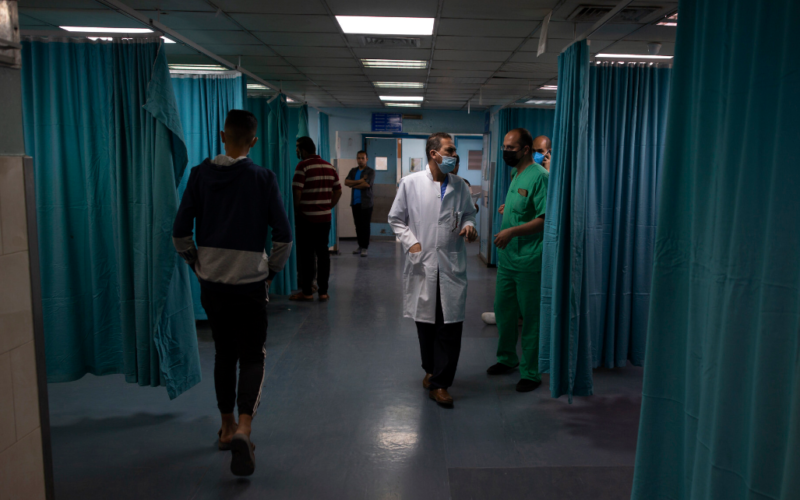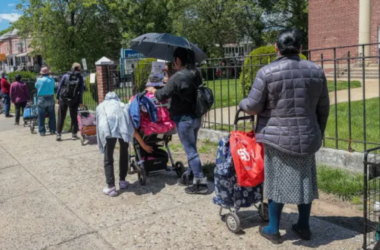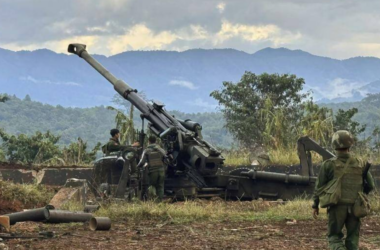Gaza’s main hospital, Al-Shifa, is facing a severe crisis as a dispute over the delivery of desperately needed fuel exacerbates challenges in providing critical healthcare services. The facility, already strained by the ongoing conflict, has witnessed an increase in patient fatalities due to power shortages, prompting concerns from medical staff. Conflicting accounts between Israel and Gaza health authorities further complicate the situation, raising questions about the delivery and distribution of essential resources amid the intensifying conflict.
As Israeli troops advance deeper into Gaza City, Al-Shifa Hospital has become a focal point for the treatment of seriously ill and wounded patients, as well as displaced individuals. The close-quarters combat between Israeli forces and Hamas fighters in the vicinity adds an additional layer of complexity to the crisis. The hospital, a vital health center in northern Gaza, is grappling with the challenges posed by the conflict, with tanks and troops encroaching on its surroundings.
The delay in a much-needed fuel delivery for the hospital has resulted in severe consequences, including the reported deaths of at least two cardiology patients on Sunday. Conflicting reports emerge from Israel and Gaza health authorities regarding the reasons behind the fuel delivery holdup. The situation is dire, with critical medical equipment, including incubators, rendered non-operational due to power outages.
Facing dire circumstances, many staff members have evacuated Al-Shifa Hospital, leaving a significantly reduced workforce to manage the increasing healthcare needs. Without fuel to power generators, the hospital plunges into darkness, forcing the remaining medical personnel to provide care using the light from their cellphones. The evacuation of healthcare professionals exacerbates the strain on an already overwhelmed healthcare system.
The crisis at Al-Shifa Hospital reflects the broader humanitarian challenges faced by Gaza amid the ongoing conflict. The dispute over fuel delivery further compounds the difficulties in providing essential healthcare services to the affected population. As conflicting accounts persist, there is a pressing need for transparent communication and urgent efforts to address the fuel shortage, ensuring that healthcare facilities can operate effectively in the midst of the escalating crisis.








